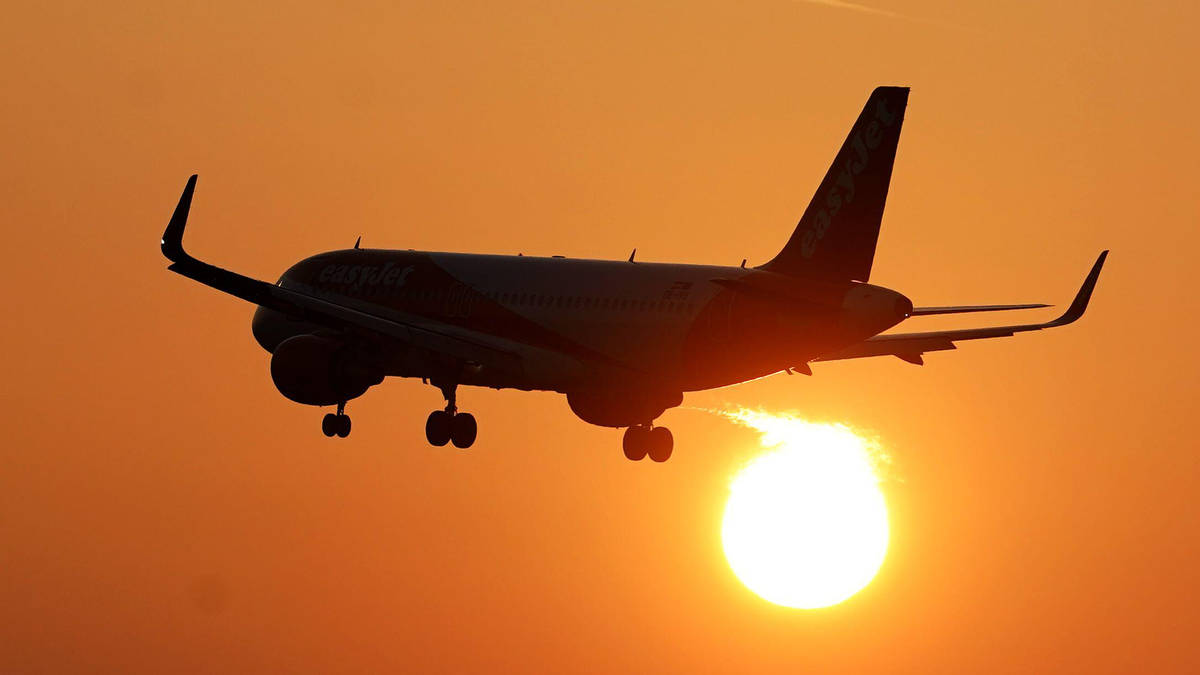Advantage Travel Partnership, a network of independent travel agents, said its members recorded a 3% reduction in the number of holidaymakers travelling as part of a family this summer compared with 2024.
Julia Lo Bue-Said, the organisation’s chief executive, told the PA news agency that financial pressures mean many families are booking holidays at other times of the year – when prices are lower – such as Easter or half-term weeks in May and October.
She said: “We are seeing a decline in families taking a break in the peak summer period.
“We’ve seen a slight dip this year, and I think part of that is cost-of-living.
“That clearly plays into the feasibility of travelling at that time.
“They are travelling at different times of the year.
“Families are looking at, do they go away in the summer holidays, or actually do they now consider going away at Easter, at half-term, at different times of the year.”
Advantage Travel Partnership said the overall number of people who went on holiday this summer was up 7%, indicating growth in trips made by couples and groups of friends.
The Office for National Statistics’ Household Costs Index shows costs for households with children rose by 4% in the year to June, up from 2.9% a year earlier.
Increases in costs across all households were largely attributed to rises in energy prices and water bills.
Read more: Britons encouraged to ‘keep their cool’ for test of emergency alert system
On Thursday, holiday group Jet2 cut its winter flight programme and said earnings will be towards the lower end of forecasts as it cautioned over a “less certain consumer environment”.
It saw package holiday passenger numbers grow by 2% in the five months to the end of August, down from growth of 8% in the previous year.
Meanwhile, Advantage Travel Partnership figures show the average length of stay for holidays during the summer period was 9.8 nights, up from 8.3 nights a year ago.
Ms Lo Bue-Said put this down to so-called workations – which involve people working remotely during holidays – being “a real thing”.
She said: “People are going away for their holiday, but they’re deciding to go a bit longer by working for a couple of days.”

